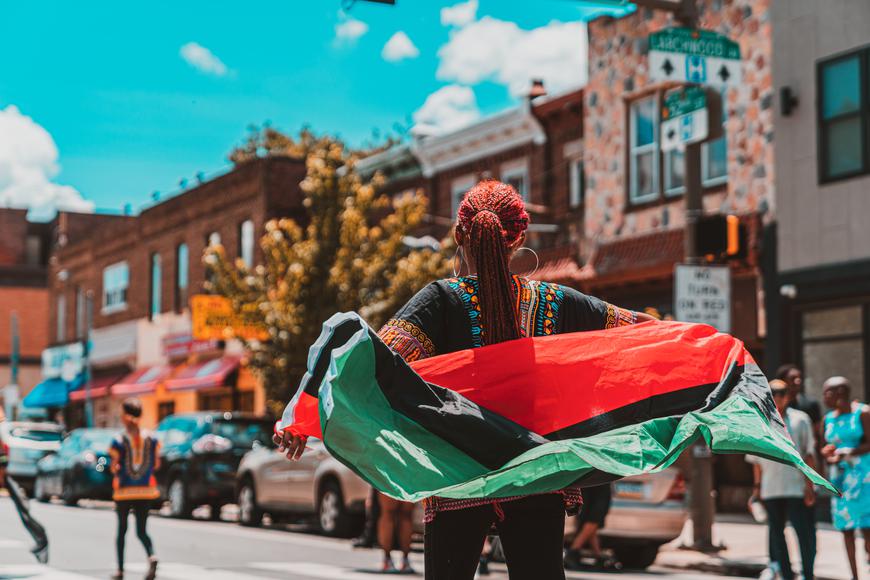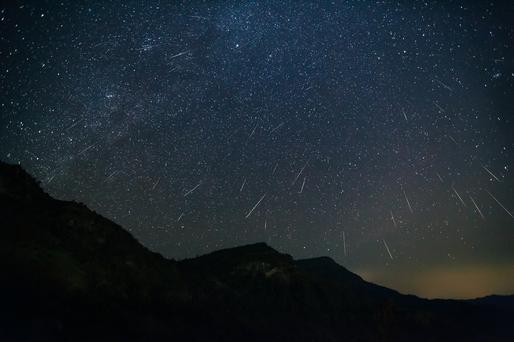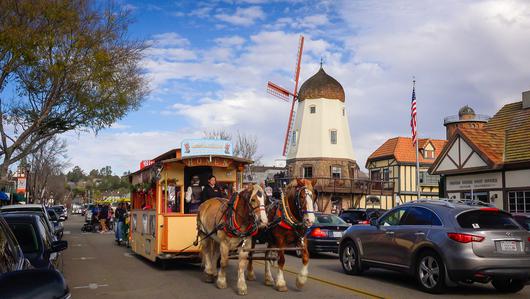Juneteenth, a portmanteau of June and nineteenth, is a significant, historic holiday that celebrates the emancipation of enslaved Africans in the U.S.
Though President Abraham Lincoln historically issued the Emancipation Proclamation on January 1, 1863—the momentous day in which chattel slavery was outlawed in the Confederate states—enslaved peoples weren’t free instantly. Enslavers didn’t free the people they enslaved unless forced to do so. So, enforcement of the proclamation relied on the presence of Union troops in states that were still practicing slavery.
Unfortunately, Texas was one state that had a large enslaved population, but little Union presence. This only encouraged more enslavers to congregate in Texas. But, following the end of the Civil War—due to the surrender of General Robert E. Lee on April 9, 1865—General Gordon Granger arrived with his regiment in Galveston, Texas on June 19, 1865. He issued that in accordance with the proclamation from the United States, all enslaved people must be freed. However, General Granger still advised the newly freed Black people to remain silently at their enslavers’ homes and stated that their dynamic had shifted to that of employer and hired labor.
Though the newly freed people were not given reparations or resources, and slavery essentially morphed into sharecropping, General Granger’s arrival signified freedom for 250,000 enslaved peoples in Texas. The emancipation inspired Juneteenth celebrations amongst newly freed Black people. That December, due to the ratification of the 13th Amendment, slavery was formally abolished in all states.
The Historical Significance of Juneteenth in California
In 1849, California requested to enter the Union as a free state. Even though California stated that slavery wouldn’t be recognized in the founding constitution, that was no longer the case after many enslavers migrated to California. For example, one could easily find newspaper ads in San Francisco and Sacramento advertising the selling of enslaved people or offering rewards for the capture of enslaved escapees.
Given this, it’s quite significant that California recognized Juneteenth in 2003. During the Great Migration—the relocation of more than six million African Americans from the South to Midwestern, Northern, and Western cities during 1916-1970—Black people came to cities like Oakland, Los Angeles, and Bakersfield, bringing their celebrations of Juneteenth with them. The San Francisco Bay Area County of Santa Clara was the first county in California to declare Juneteenth as an official holiday.






